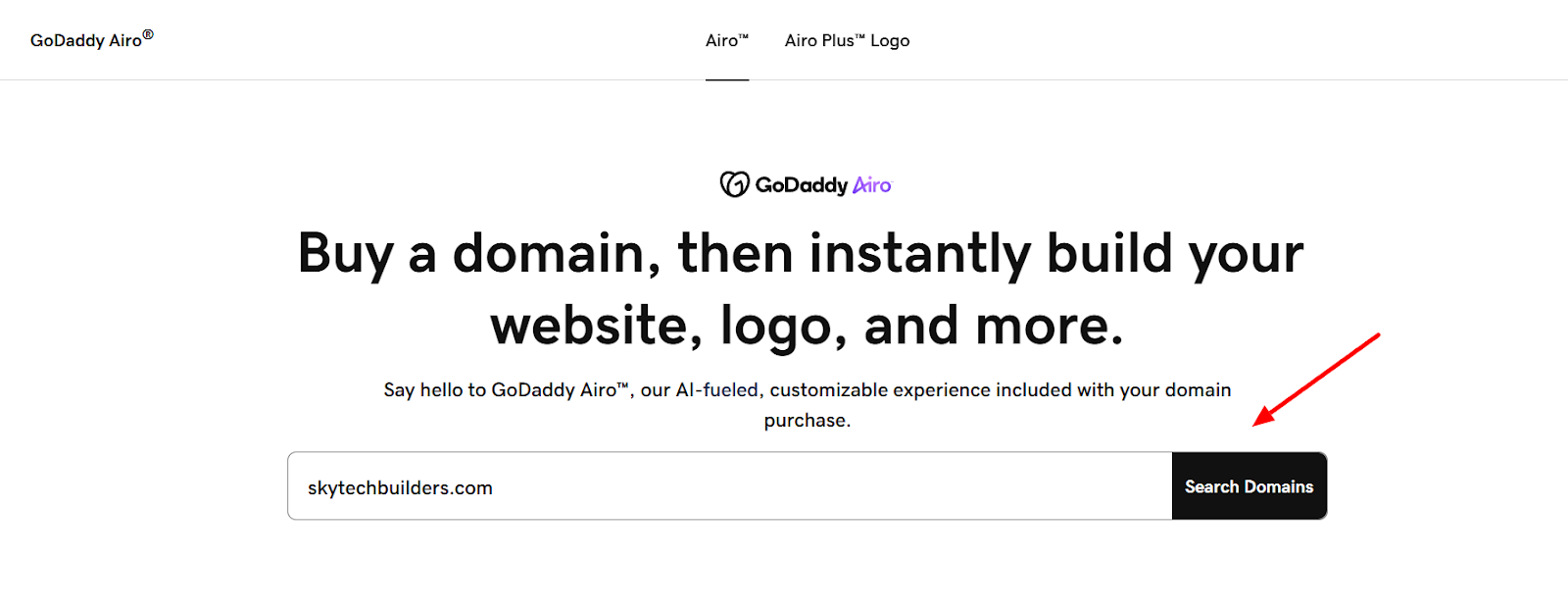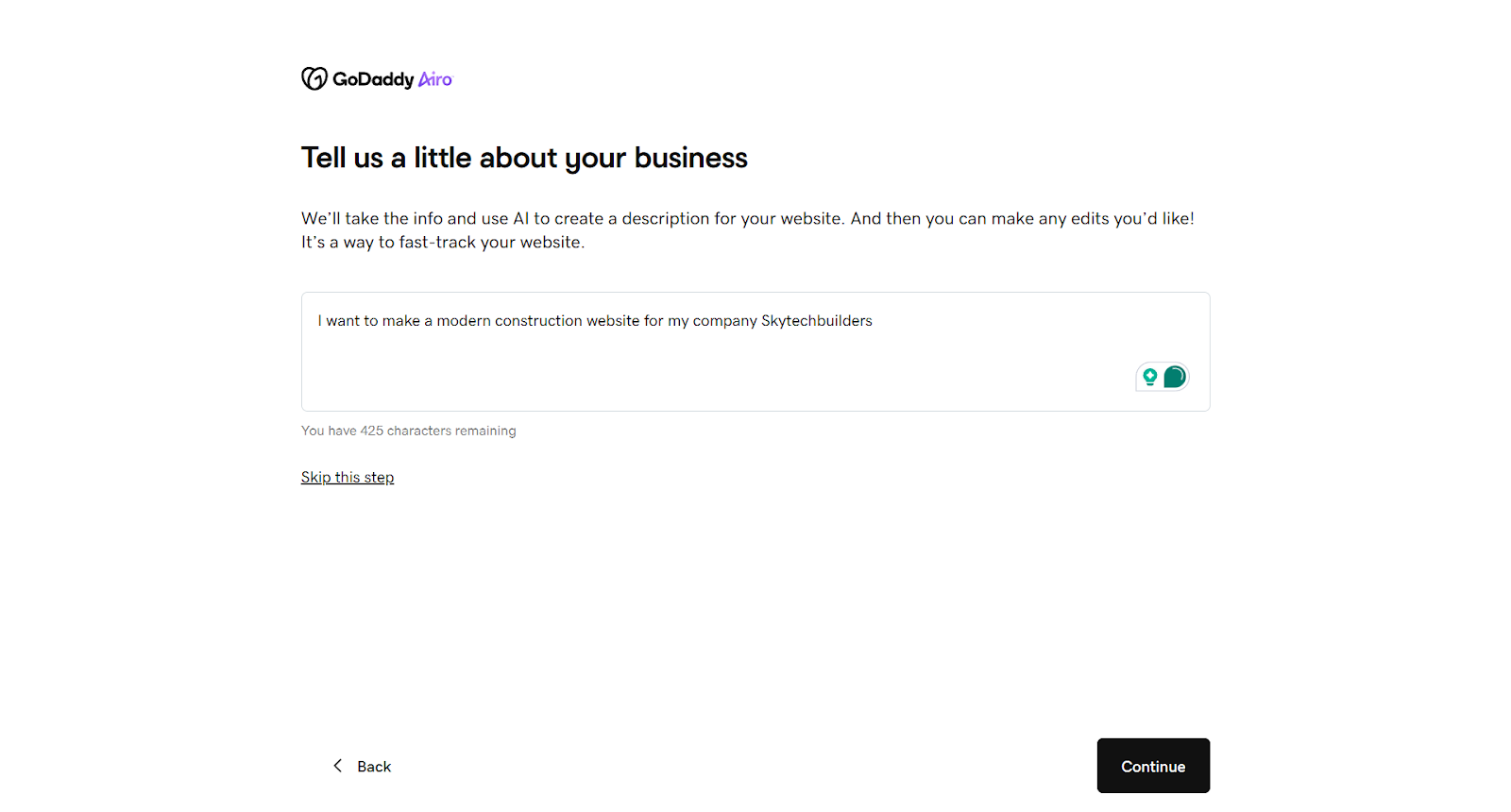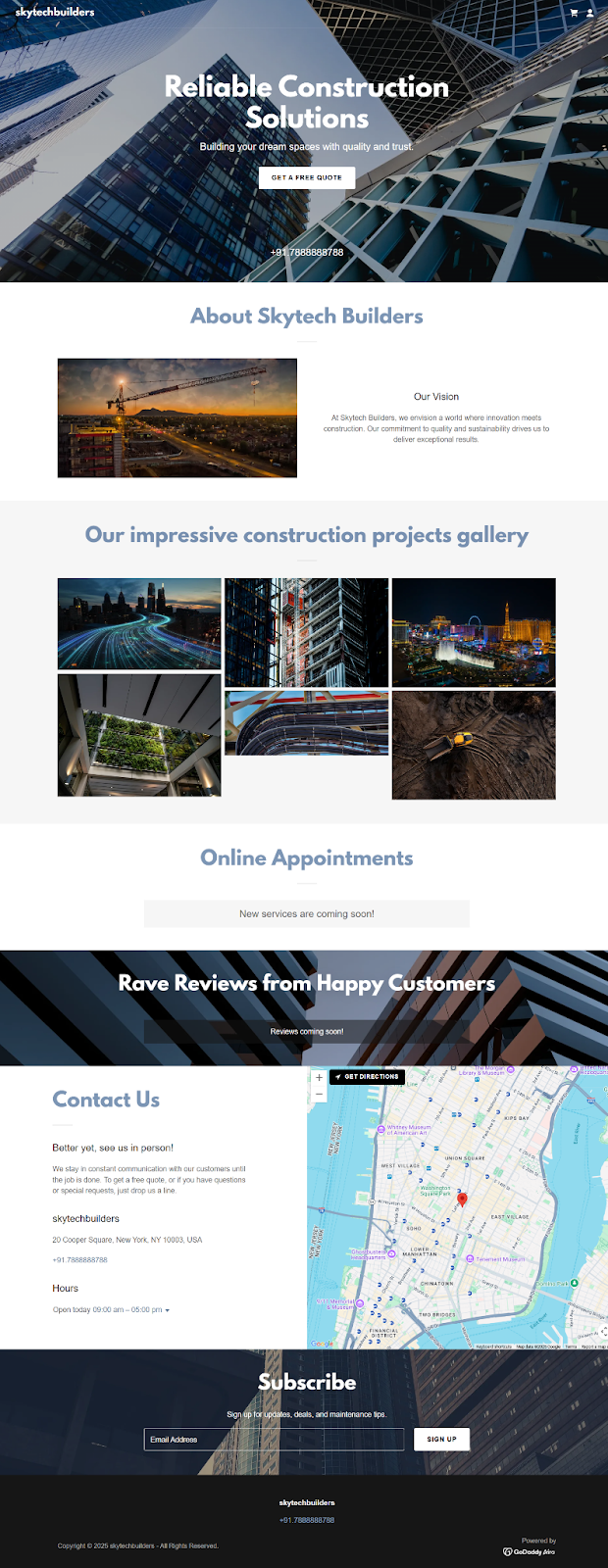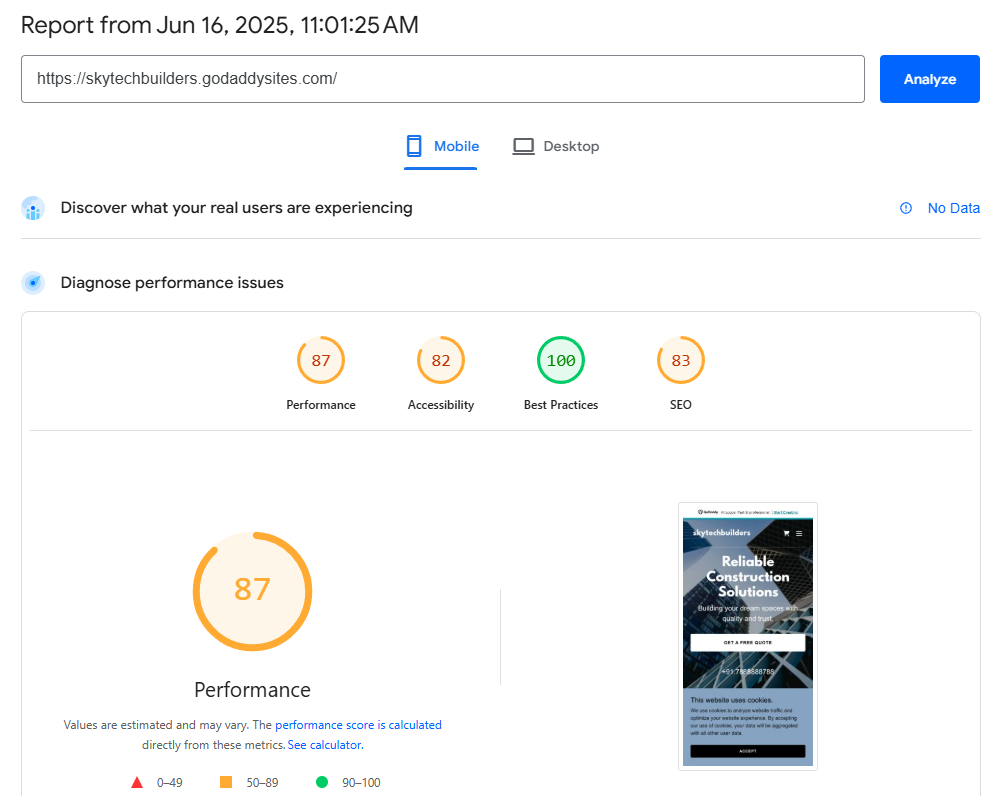The Indian construction industry is booming, with infrastructure projects and urban development fuelling rapid growth. For aspiring business owners, learning how to start a construction business in India can open doors to lucrative opportunities, from residential and commercial buildings to government contracts and renovation projects. However, beyond technical expertise, breaking into this sector demands a solid business plan, regulatory compliance, financial acumen, and effective team management.
In this comprehensive guide, we’ll walk you through how to start a construction business in India. You’ll learn about market research, company registration, funding options, licensing, project management, marketing, and more. Whether you’re an engineer, architect, or entrepreneur with a passion for building, this article will equip you with practical strategies, real-world examples, and actionable insights for launching and growing your construction company in India.
Understanding the construction industry in India
India is one of the fastest-growing economies in the world, and the construction industry is a major contributor to this growth. In fact, the Indian construction sector is expected to reach $1.4 trillion by 2025, making it a lucrative field for entrepreneurs and business owners looking for new business ideas. The diverse construction projects span civil engineering works, residential and commercial buildings, infrastructure, and renovation services. These projects not only fuel urbanisation, but also provide employment for millions across the country.
The construction business landscape in India is highly competitive. Large construction companies operate alongside small businesses and startups, with each type of business structure offering unique advantages. The government’s focus on initiatives like “Housing for All,” Smart Cities, and infrastructure upgrades means opportunities abound for those who are prepared and well-informed.
However, it’s crucial to recognize the challenges, such as fluctuating raw materials price, regulatory hurdles, and cash flow management are frequent roadblocks for new entrants. A deep understanding of the market, strong project management skills, and the ability to adapt to change are essential for long-term profitability and improved profit margin.
Defining your construction business model
Before registering your own construction company, it’s vital to define the type of business you want to start. Will you focus on civil engineering, general contracting, specialized services as subcontractors, or niche markets such as eco-friendly construction or high-end renovation?
Conducting market research and feasibility study
No business plan or startup can succeed without thorough market research. Analyze the local demand for construction services in your target area, paying close attention to population growth, urbanization trends, and the presence of established construction companies.
Even as the barriers to entry for a construction business is higher, there is bound to be other companies operating similar businesses. Research about their offerings and reputation, especially the ones local to your area.
Analysing both demand from target areas and supply in terms of competitor offerings can help you identify market gaps. Perhaps there’s a lack of reliable civil engineering services or a growing interest in sustainable construction. This can help you narrow down your business model and offerings.
At this point, you should estimate the lakhs (or even crore) of rupees required for working capital, equipment, and labor. Also assess your profit margin expectations based on typical price points in your segment.
A well-researched feasibility study will clarify whether your new business idea is viable and what unique value you can offer.
Creating a robust business plan
A comprehensive business plan is the foundation of a successful construction business. It should include your vision, business structure, funding requirements, market research findings, and project management approach.
1. Executive summary
How you want to execute your construction business is important, and for that reason, you should make a summary that addresses all relevant questions.
This summary must include your business description, innovative solutions to common problems, a well-defined target market, an overview of your revenue model, funding requirements and other essential details.
2. Business structure
After you have a good grasp of how your company is going to execute, the next step is to choose the business structure.
Who will control the business, how much profit will be shared, and whether or not this will be a partnership initiative are the main questions. The specifics of your company's organizational structure are crucial.
3. Company registration
At this point, you should decide if your construction company is going to be a partnership, sole proprietorship, LLP, or a private limited. You need to know that each type of business structure requires certain legal formalities. Many successful Indian construction entrepreneurs began as subcontractors or with small renovation projects before scaling up to larger construction services.
Register your business in order to run it legally in India.
4. Financial projections
Starting a construction business requires a good amount of money and as a business owner, you must think about the financial projections of the business.
Start by estimating revenue, expenses, profit margins, working capital, and operational costs. A well-structured projection improves planning and adds credibility when requesting funds.
Bank loans, NBFC term loans, government startup schemes, and private investors are all viable financing options. Always specify how much money you need, where it will be utilized, and how you will repay it or provide returns.
5. Marketing strategy
Construction services are highly competitive, especially in Tier 1 cities in India. Only those with strategic marketing efforts can succeed, and this can be achieved through proper advertising and networking.
Given the nature of the construction business, LinkedIn is an excellent platform to showcase previous work and connect with prospective clients. The goal is to build credibility and trustworthiness, which can be accomplished by creating a professional website featuring completed projects, testimonials from satisfied customers and your contact and other details.
You should also consider attending industry events or joining local business networks for future recommendations and positive word-of-mouth.
6. Risk management
One often-overlooked component, both before and after launching a company, is the absence of an appropriate risk management plan.
Many things may go wrong, such as changes in the cost of essential supplies like cement and steel, a lack of available workers and late payments from customers.
To lessen the impact of these risks, it's a good idea to have a backup plan, examine raw material prices often and create transparent contracts with customers and suppliers.
Registering your construction company: a step-by-step guide
Proper company registration is mandatory to operate legally and build trust with clients. Here are the steps to get started:
Step 1: Choose and reserve your company name
Before you choose a name, spend some time understanding the basic principles of your business. Stick to the construction niche and don’t get too confused.
Your business name should be straightforward, niche-specific, and not too complex to ensure accessibility.
Checking availability is crucial because your selected business name shouldn't sound too similar to an existing one. When applying to name a business in India, applicants must adhere to the regulations set forth by the Registrar of Companies (RoC), which include avoiding specific terms, being original, and not violating any trademarks.
Note: Your application can be rejected if the name of your company does not comply with the regulations provided by MCA.
Visit the Ministry of Corporate Affairs (mca.gov.in) Portal to verify the availability of a name. Remember to input just the first two words of the desired name when verifying its availability. Also, before submitting the application, make sure the suggested name is available on the Trademark site. Use the trademark search feature at www.ipindia.gov.in to find trademark information.
If the chosen construction business name is totally original, you can apply via the MCA website.
Step 2: Select your business structure
The registration process may vary based on your chosen business structure.
a) Sole proprietorship
This business type is easy to form, as it is managed and owned by a single person. You do not need to go through any special registration processes to form a sole proprietorship - just a government registration is relevant.
The downside is that in the event of a debt or legal dispute, the owner's personal assets can be seized.
In short, this structure is easiest for individuals to start, but the business owner is personally liable for debts.
b) LLP (Limited Liability Partnership)
LLPs are the ideal choice for small to medium-sized businesses since they are easier to establish and need fewer compliances.
The best part is that there is no limit to the number of partners, so in the future, if you feel like growing your business, you can have an unlimited number of partners. This structure combines the flexibility of a partnership with the protection of limited liability, making it popular among startups.
c) Private Limited Company (Pvt Ltd)
Pvt Ltd is the most common framework that construction companies choose to attract investors. There are minimal standards, such as the need for two shareholders and two directors in order to form a Private Limited Company.
This structure is usually preferred for scalability, attracting investors, and protecting personal assets. It’s regulated under the Companies Act and requires more compliance, which requires frequent filings and audits
In India, the tax rate for private limited corporations is also lower than that of other business structures.
Step 3: Register with Ministry of Corporate Affairs and obtaining required licenses & permits
a) DIN and DSC
Every director of a company in India is obliged by law to have a DIN, or unique identity number. The website of the Ministry of Corporate Affairs (MCA) allows you to apply for a DIN online.
To digitally sign documents, one needs a digital signature certificate or DSC. Visit the website of the National Informatics Centre (NIC) to submit an application for a DSC.
b) MOA and AOA
You can't form a private limited company without first approving its governing papers, which are called the MOA and the AOA, respectively.
The Articles of Association (AOA) lay down the laws and policies that control the business, while the Memorandum of Association (MOA) states its purpose.
c) Incorporation Certificate
Incorporation applications can be filed with the MCA after the MOA and AOA have been completed.
At the end of the incorporation process, the MCA will provide a Certificate of Incorporation. This document serves as official confirmation of your private limited company's establishment.
d) PAN and Tan
To start a business of any kind, you need to have a PAN card (Permanent Account Number). For businesses involved in tax deduction and collection at source, a TAN (Tax Deduction and Collection Account Number) is also required.
e) GST registration
Under the GST framework, businesses are required to register for GST if their income exceeds ₹20 lakh. Therefore, you might want to gauge your business volume and decide if becoming GST registered will benefit your business. Becoming GST registered can also lead to new opportunities with customers who are obligated to do business only with registered suppliers.
f) MSME registration
When you register as an MSME, you receive a variety of incentives and tax breaks as a registered MSME owner. Your construction company will be eligible for central and state subsidies, enjoy lower tax rates, and be exempt from certain direct taxes.
g) Bank account
To conduct business-related financial activities, a separate bank account is required.
Opening a business account is pretty simple; you’ll need a copy of your company’s registration documents, your business address, and either a recent bank statement or a utility bill showing your residential address.
It's important to note that registering as an MSME can lower your interest rate on loans and provide access to government subsidies.
h) Licenses and permits specific to the construction industry
Obtaining all relevant licenses and maintaining compliance is vital for your construction company to avoid penalties and build credibility. Here are some common licenses and permits that you might need for your construction business.
- Shops and Establishment License: Required by all businesses with a physical presence.
- Labour License: Mandatory if you employ more than 20 workers.
- BOCW Registration: For construction projects employing significant labor.
- PWD (Public Works Department) Registration: Needed to bid on government contracts.
When starting our a construction business, many entrepreneurs might overlook environmental clearances for large projects. If the need arises, do consult a legal advisor to ensure total compliance.
How to secure funding and manage finances for your construction business?
A successful construction business is built on solid financial foundations. Assess your working capital needs, estimate the cost of construction equipment, raw materials, and labor, and create a plan for ongoing cash flow. In this section, we will discuss how you can obtain funding and manage finances of your construction business.
Business funding options
To start your construction business, you will require a significant startup capital. We have compiled a guide to business financing in India. If you are trying to raise capital, here are some options you can consider:
1. Business loans
Business loans come in many forms, but the most common ones are working capital loans, short-term and long-term loans, loans via government programs, loans for equipment and machinery, and so on.
In India, you can apply for these loans via NBFCs like Tata Capital and Bajaj Finance or through public and private banks. In terms of interest rates, everything depends on your business's structure, capital, loan amount, loan tenure and creditworthiness.
2. Term loans
When you make large purchases, which is very likely in the construction industry, term loans are your savior. With a term loan, you can borrow money for a certain period of time and pay it back in equal monthly installments or EMIs. This kind of loan is ideal for purchasing heavy machinery or for starting large-scale projects.
3. MSME Schemes
If you are starting small, you can find good financial aid in India as the government is enthusiastic in helping MSMEs (Micro, Small & Medium Enterprises). The MSME Act allows for the registration of builders and contractors.
MSME loans are a better choice because they typically have lower interest rates and more flexible repayment alternatives.
4. Loans for Private Limited Company
The funding for a private limited company can come from a variety of sources, including equity, loans and deposits. Compared to a sole proprietorship or even a partnership firm, a company registered as a private limited attracts more investors, as they see it as a lower-risk option.
Managing cash flow
Running a business can get messy. Many startups fail due to poor cash flow management. Therefore, it is important to prioritise cash reserves for emergencies and delayed payments. Be proactive and maintain an organised system to track and manage cash flow. Here are some effective ways to do it:
1. Money tracking tools
To save time and effort keeping track of your finances, you should start investing in online software and accounting tools. Rydoo, Zoho Books, and Expensify are some of the tools that can assist you in managing and streamlining your company's finances.
By checking invoicing, taxes, and profit margins, these tools also make it easy to monitor your financial status in real-time.
2. Monitor receivables and payables
An essential part of every company's financial flow is accounts receivable (AR) and accounts payable (AP). To keep a business sustainable, it is important to collect receivables on time and handle payables wisely. However, during day-to-day operations, it can become difficult to manage, so it's important to dedicate a portion of your time to settling these payments.
A cash shortage can happen quickly due to late collections and unexpected withdrawals. Be careful not to run out of money by keeping track of when you owe suppliers as well as when clients are supposed to pay.
3. Open a business bank account
It may seem unnecessary to create a separate business bank account when you're just getting your company off the ground. But surprisingly, it can provide great rewards.
When you combine your personal and company funds, it can become confusing, whereas maintaining order and transparency is much easier with a separate account. Moreover, you can easily comply with GST and other rules and file your taxes thanks to the comprehensive records of your transactions that you get in your business account.
Note: A business bank account is required for businesses that are formed as limited liability companies.
Tips to building a successful construction company
The backbone of every successful construction company is its team and processes.
For a start, recruit experienced civil engineering professionals, site supervisors, and skilled laborers. You can partner with local colleges or technical institutes to source fresh talent. Providing your employees with adequate on-site training and professional development programs, as well as fostering a culture of safety, growth and recognition are crucial to retain top talent. A well-trained team can deliver higher-quality construction services and reduce costly errors.
Efficient procurement of construction equipment and raw materials can impact your bottom line and project timelines. Build long-term relationships with reliable suppliers to secure better prices and payment terms, and remember to negotiate with vendors for discounts on bulk orders. You should also maintain an inventory system to monitor material usage and minimize wastage.
Investing in modern equipment may require higher upfront costs, but improves efficiency and reduces long-term expenses.
Effective project management is key to delivering quality construction projects on time and within budget. Early tech adoption, such as Building Information Modeling (BIM), distinguishes small businesses from traditional competitors. To keep track of your projects, use Gantt charts or project management software like Microsoft Project. It is also important to implement strict quality checks at every stage. Adopt new technologies (like drones or mobile apps) for progress monitoring.
How to build a website to promote your construction company in India?
Effective promotion strategies are crucial for growing your construction business and building a steady pipeline of construction projects and new business. While India’s diverse market offers traditional and modern ways to reach clients, an online presence is far more crucial than you think. To start a full-fledged construction business, you need to establish yourself online.
On top of wider reach, having a website helps your business establish credibility and trust among potential clients. Nowadays, people expect companies to have websites where they can find out more about the services they provide. This is particularly true for service-based businesses, as potential customers want to read reviews left by previous clients to ensure they're selecting a trustworthy company.
Here is a step-by-step, beginner friendly process to build a website for your construction company or construction business:
Step 1. Choose and register your domain name
Start by selecting a domain that matches your construction company’s name. For example, if your company’s name is Skytech Builders, choose a domain like skytechbuilders.com. Choose a trustworthy domain registrar such as GoDaddy to register your domain.

Not sure which domain to select for your business website, or the domain you wanted isn't available? GoDaddy Airo can help you find your perfect domain through our AI-powered search engine!
Step 2: Select a web hosting provider
Something to always keep in mind before selecting a hosting provider is the quality of their services. Business owners need to understand that hosting matters because this is where your website will run and be accessed by hundreds, thousands, or even lakhs of potential viewers every day.
For startups and expanding construction organisations, it's important to choose a web host with reliable uptime, helpful customer care and the potential to scale.
Step 3: Plan your website structure
Planning a website simply means deciding what information you want to highlight on your website, how many pages it should have, where to place each element, and how to design it in a way that not only tells visitors about you but also looks convincing enough to earn their trust.
Remember to include some essential pages, such as the home page and an "About Us" page, where you can feature your company registration certificate, business structure, and GST information.
With the help of GoDaddy Airo, you can create a dedicated services page where you clearly display all of your offerings, including construction and renovation, to better showcase your work.
There should be a portfolio page with high-quality photographs of your work and detailed descriptions, as well as a testimonials section featuring reviews from satisfied customers.
Finally, don't forget to include a contact page. This page should provide your contact details (phone number, email address, and physical address) along with an inquiry form that visitors can fill out with information about their project or service needs, making it easy for them to get in touch.

Step 4: Design and develop your website
With powerful AI tools, you can now build your website easily even if you are not technically proficient. With GoDaddy Airo, you can design and build a construction website without needing to write any code.

By answering a few simple questions about your business, Airo will suggest professional web page options that you can choose from. On top of that, most of the website elements will be included in these options. All you need is to decide whether they are perfect or if you want to make changes to suit your preferences.

After choosing and generating a template for your construction website, it is important to ensure that the website loads quickly, and are both mobile-friendly and responsive. You can analyze it with PageSpeed Insights to better understand your website's performance.

Step 5: Optimize for SEO
Your website is only half-done unless you optimize it to ensure that your website can be found easily by your visitors and potential clients. To increase organic traffic and rank higher in search engine results pages (SERPs), search engine optimization (SEO) is essential for your construction company's website. It makes your website more visible, which in turn increases traffic and attracts customers who are looking for construction services in India.
You can use tools like Google Keyword Planner or Ahrefs to discover location-specific phrases and keywords such as 'civil engineering projects,' 'construction company registration,' 'construction business India,' and so on. Titles, descriptions, headers, and body text should all naturally include these keywords throughout your website.
Make sure every image on your website has alt text and includes relevant keywords. Also, write engaging and informative meta descriptions that include keywords and summarize the content of each page.
Note: GoDaddy's Website Builder comes with a Digital Marketing Suite, which you can use to help get you started on SEO optimization.
Step 6: Add trust-building elements
The only drawback with construction companies is that most customers trust big players and already reputable ones in the field. In order to gain trust from your clients, you can display your registration certificate, certificate of incorporation, industry affiliations, and other legal documents to let people know that you are a genuine company.
If you have completed your MSME registration, you can also showcase the MSME certificate, as it can help convince people that you are a legitimate company in the field.
Step 7: Set up analytics and lead capture
Statistics show that 15% of marketers struggle to get visitors and leads. Besides your websites, you need to utilize tools to help you engage with your visitors and capture any interest from potential clients.
With a chatbot, you can engage with visitors in real time, answer their questions, and gather leads. Equipping your chatbot to provided automated responses for frequently asked questions can help you engage your visitors at any time of the day. Adding an inquiry form to your website makes it even easier to collect contact details and project specifics from potential clients.
To track real-time visitors and understand patterns, use Google Analytics to learn about your website's engagement, traffic, and conversion rates.
Many Indian construction businesses overlook the value of regularly updating their website with new project photos, blog posts, and industry news to improve search rankings and client engagement.
How to obtain new business and clients for your construction company?
Beyond technical expertise, winning new projects in the construction industry requires strategic networking, consistent marketing, and building a reputation for reliability. Here are some ways you can consider to attract clients and grow your construction business:
1. Networking and partnerships
Joining professional associations such as the Confederation of Real Estate Developers’ Associations of India (CREDAI) or the National Real Estate Development Council (NAREDCO) can open doors to valuable industry events, tender opportunities, and partnerships. Beyond that, building strong ties with subcontractors, architects, and suppliers creates referral networks that can help you secure new projects.
2. Participate in government projects
Government contracts are a steady source of business for many construction firms. By registering on tender portals like the Government e-Marketplace (GeM) or state Public Works Department (PWD) websites, you can bid on projects ranging from infrastructure to housing. Make sure to highlight your MSME registration, certifications and compliance credentials in proposals, as these can give you a competitive edge.
3. Traditional marketing
Despite the rise of digital platforms, traditional marketing remains highly effective in construction. Distributing flyers, brochures, and business cards at trade fairs, expos, and real estate events helps establish a local presence. Similarly, billboards and hoardings in urban growth corridors can position your brand in front of potential clients who are actively seeking contractors.
4. Client relationship management
Securing a project is only the beginning. Long-term success lies in how you manage relationships. Provide excellent post-project support, such as timely follow-ups and after-sales service, to encourage repeat business. Don’t hesitate to ask satisfied clients for referrals or testimonials that you can showcase on your website and social media.
By maintaining transparency and clear communication throughout each project, you’ll earn the trust that leads to lasting client partnerships.
Many Indian construction businesses grow rapidly by combining local networking with a strong digital presence. Delivering quality work consistently, while also showcasing it online, helps you stand out in a competitive market.
How to bid for construction contracts and scale your business?
Securing construction projects begins with a strong understanding of the tendering process. Start by registering with local authorities and the Public Works Department (PWD) to access public tenders. When preparing bids, focus on creating comprehensive proposals that emphasize your strengths, certifications, and proven experience. Remember, clients look beyond price, things like demonstrating value, reliability, and capability through case studies can set your bid apart.
Equally important is navigating legal issues and disputes. Clear contracts and defined scopes of work prevent misunderstandings, while timely payments and delivery protect your reputation.
To safeguard your business, include arbitration or mediation clauses in agreements and consult legal experts for contract drafting.
For long-term success, consider scaling and growing your business strategically. Diversify into related areas like real estate development or facility management, and explore joint ventures to handle larger projects. At the same time, adopting sustainable practices, such as green construction methods, energy-efficient designs, and eco-friendly materials, can give your company a competitive edge with environmentally conscious clients. By combining smart bidding, legal compliance, and innovation, your construction business can achieve steady growth and resilience in a competitive market.
Successful India-based construction entrepreneurs
Examples of Indian construction entrepreneurs highlight how patience and specialization can lead to remarkable growth. The Shapoorji Pallonji Group, which began in 1865, has evolved into a global player renowned for iconic projects like the RBI headquarters. Similarly, L&T Construction started as a small engineering firm and has grown into India’s largest construction company, recording revenues of over ₹1.5 lakh crore in 2023.
Even at the local level, many regional entrepreneurs have built thriving businesses by focusing on niche markets and steadily scaling their operations. These success stories show that many of today’s top firms once started small, proving that persistence, quality, and a clear focus on specialization can lay the foundation for long-term success.
Conclusion
Starting a construction business in India is both challenging and rewarding. The industry’s massive growth potential presents ample opportunities for ambitious entrepreneurs willing to invest the time and effort in planning, compliance, and execution. By following the steps outlined, you can lay a strong foundation for your business.
Remember, success in construction isn’t just about bricks and mortar; it’s about innovation, trust, and delivering quality projects that stand the test of time. Embrace technology, nurture relationships, and stay compliant with regulations to build a reputable brand in this highly competitive landscape.
Are you ready to take the first step? Start your journey today and transform your vision into India’s next construction success story!
Frequently Asked Questions (FAQs)
1. What are the legal requirements to start a construction business in India?
To start a construction business in India, you need to register your company (as a proprietorship, LLP, or Pvt Ltd), obtain PAN/TAN, get GST and labour licenses, and comply with BOCW regulations.
2. How much capital is needed to start a construction business in India?
Startup costs vary from ₹10 lakh to ₹1 crore or more, depending on your scale, location, and service offerings. Accurate budgeting is crucial for success.
3. Which licenses are mandatory for construction businesses in India?
Key licenses include Shops and Establishment Registration, Labour License, GST registration, and BOCW Board registration. Environmental clearances are needed for large projects.
4. How can I find and win construction contracts in India?
Register on government tender portals, network with industry stakeholders, prepare comprehensive bids, and highlight your unique strengths to win contracts.
5. What are the common challenges faced by new construction companies?
Common challenges include regulatory delays, competition, cash flow management, and skilled labour shortages. Adopting technology and strong project management can help mitigate these issues.









